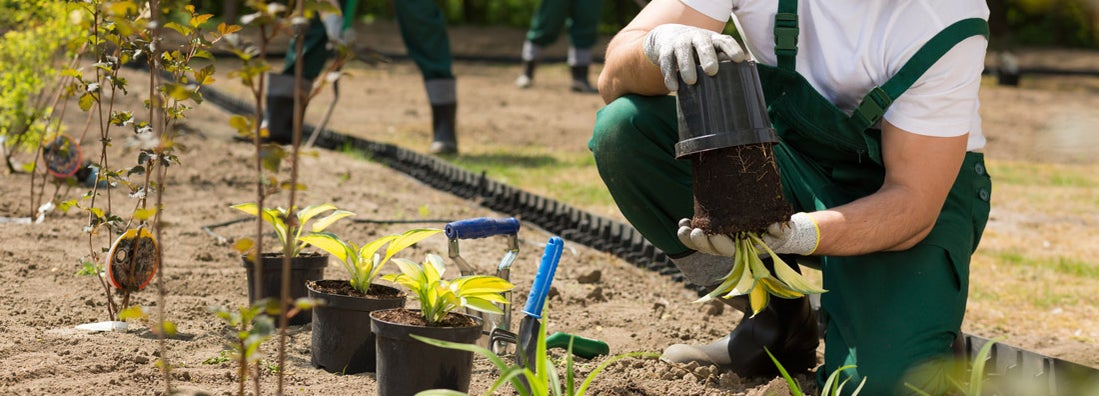Insurance Coverage Considerations for Landscaping and Utilities

There's more to your yard than meets the eye when it comes to utilities and septic structures.
Before you start digging, here's what you need to know.
Never Dig Without a Plan in Place
Before you break ground, you need to know where your underground utilities are located.
Homeowners who don't do so may face exposures to loss beyond damages to their own property or house plumbing. Some examples include:
- Severe injury if a shovel hits an electrified line
- Severe injury or death if a shovel hits a natural gas line
- Fines from local regulators
- Repair expenses to utility companies
- Liability to neighbors for cutting power, water, phone, cable or sewage lines
Even if there is no immediate, visible damage, you may have problems. Your shovel may damage the protective coating of a gas line, starting a gradual leak or deterioration that is a ticking time bomb.
Homeowners Assume Their Projects Wont Make an Impact
Most homeowners assume their planting is too shallow, or is located far enough away, to avoid impacting deeply buried utilities. But consider future growth: Could those spreading tree roots eventually make their way into nearby sewer lines?
If so, this could cause anything from nuisance blockages to major and expensive damage and backups.
Your Solution? Call 811 Before You Dig
The FCC has mandated a single, national phone number - 811 - in addition to existing local options in your area. This increases convenience and compliance and eliminates confusion, while continuing free and local service.
811 calls are directed to a local center, which then notifies all the affected utilities. They then mark all underground lines—at no cost to you—with easily recognized colored lines or flags:
- Red - electric
- Orange - communications, telephone/CATV
- Blue - potable water
- Green - sewer/drainage
- Yellow - gas or oil
- Purple - reclaimed water or irrigation
- Maroon - temporary survey
- White - pre-marked site of intended excavation
Be sure to call at least 48 to 72 hours in advance of digging, and be prepared with specific information on your plans.
More Insurance Is Never a Bad Idea
Even your best-laid plans might not prevent a basement or ground floor bathroom from being filled with sewage backup. That is why you should ask your agent about special add-ons to your home insurance.
Add your Trusted Choice® insurance agent to your "Call Before You Dig list"! Just like those utilities, they will gladly mark out the limits of your current coverage as it applies to your plans.
